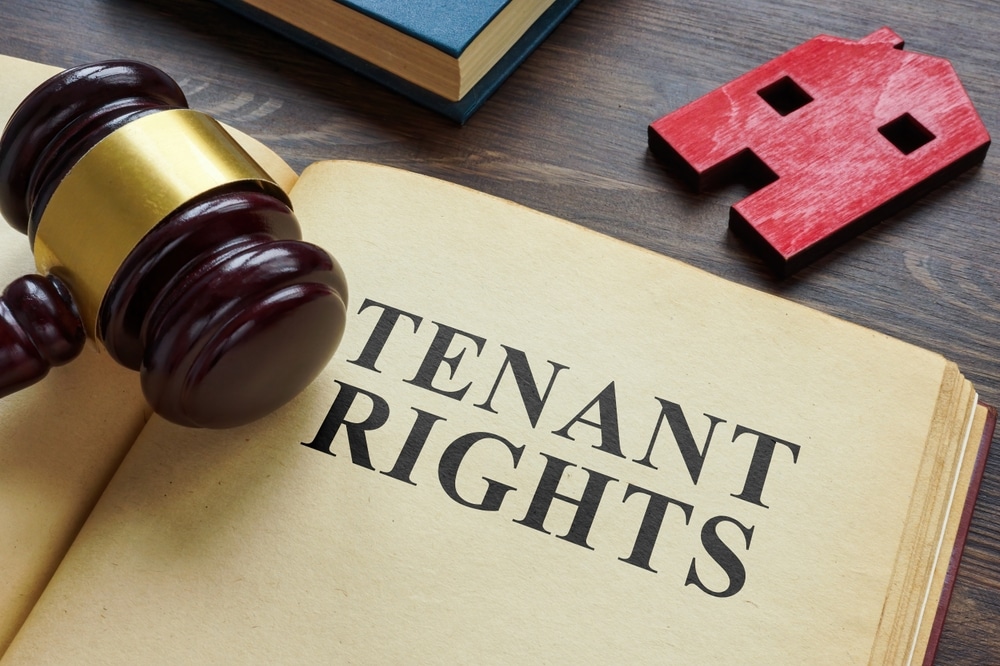When you rent a house, you are bound by the rules and responsibilities stated in your rental or lease agreement. But there are several local, state, and federal laws that shield you against any unfair landlord practices. In this guide, we will discuss all the tenant rights you need to know about. Read on to learn more.
Lease Terms
Whether you rent a condo, a house, or an apartment, you will need to sign a rental or lease agreement, which usually includes the following terms:
📈🤖 Unlock unparalleled trading potential with GPT Stocks Master AI! Revolutionize your portfolio, leveraging real-time insights and predictive analytics. Don’t miss out – step into a world where precision and profitability meet. Ready to transform your trading journey? Click “Master My Trades” now for your exclusive access! ✨🚀📊
- Occupants’ names and the limits on occupancy.
- Deposits and charged fees.
- The period of the tenancy and available renewal options.
- Limits on the number of pets to keep.
- Restrictions on illegal activities.
- Repairs and maintenance. The lease agreement defines who is responsible for repairing and maintaining what.
A lease agreement helps protect both the landlord and the renter, but specific tenant rights are safeguarded under local, state, and federal laws. Here are the five major tenant rights:
Right to Freedom from Discrimination
The United States Department of Housing and Urban Development adopts the “Fair Housing Act,” which shields people against discrimination when buying or renting a house, obtaining a mortgage, and participating in other activities related to housing.
Several prohibited actions amount to discrimination when renting. For instance, a property manager or a landlord cannot refuse to rent, limit privileges, set unfair terms, or evict tenants based on color, race, disability, national origin, familial status, sex, religion, source of income, military status, and criminal history.
The US Housing Department has a dedicated office called Fair Housing and Equal Opportunity tasked to enforce the Fair Housing Act. One of this office’s roles is investigating complaints related to housing discrimination. In case you are convinced that your landlord is violating certain Fair Housing policies, you are free to file a complaint with the Housing Department or a lawsuit with the federal court.
Right to Habitable Home
Tenants in the United States have the right to occupy habitable houses that meet safety, building, and health codes. These are some of the elements that landlords need to consider to ensure their houses are habitable:
- The structural aspects of their property must be safe and intact.
- Common areas like hallways and stairways should be safe and clean.
- A landlord must maintain safe plumbing, electrical, air conditioning, sanitary, heating, elevator, and ventilating systems.
- They should make sure that environmental hazards like lead paint dust and asbestos do not pose a danger.
- A landlord must exterminate pests like bedbugs and cockroaches.
- They should install smoke detectors in buildings.
Meanwhile, all tenants are responsible for keeping their units safe and clean so that they do not endanger other tenants.
Right to Privacy
Although landlords own the rented houses, they cannot access them whenever they wish. That is because all tenants in the US have the right to privacy. If a landlord needs to access their rented house, they must notify the tenant in advance. However, the landlords can enter their property without notice in case of an emergency.
Right to Advance Eviction Notice
If a landlord is planning to evict a tenant, he/she must give the latter a notice of eviction in advance. Normally, the notice should be served 60 days before the eviction. However, in the event you have violated the terms and conditions of your lease agreement, the eviction notice can be as short as four days.
Right to Disability Accommodation
Landlords in the United States are required to accommodate the needs of all disabled tenants. Moreover, they are expected to allow such tenants to modify their housing units to ensure they live comfortably. However, the modifications must not make the unit unusable for future tenants.
Is it Legal for Tenants to Withhold Rent Until Landlords Make Repairs?
In some American States, tenants are allowed to make repairs and deduct the cost from the rent, while in others, a tenant must notify their landlord about areas that need repairs and give them enough time to repair.

